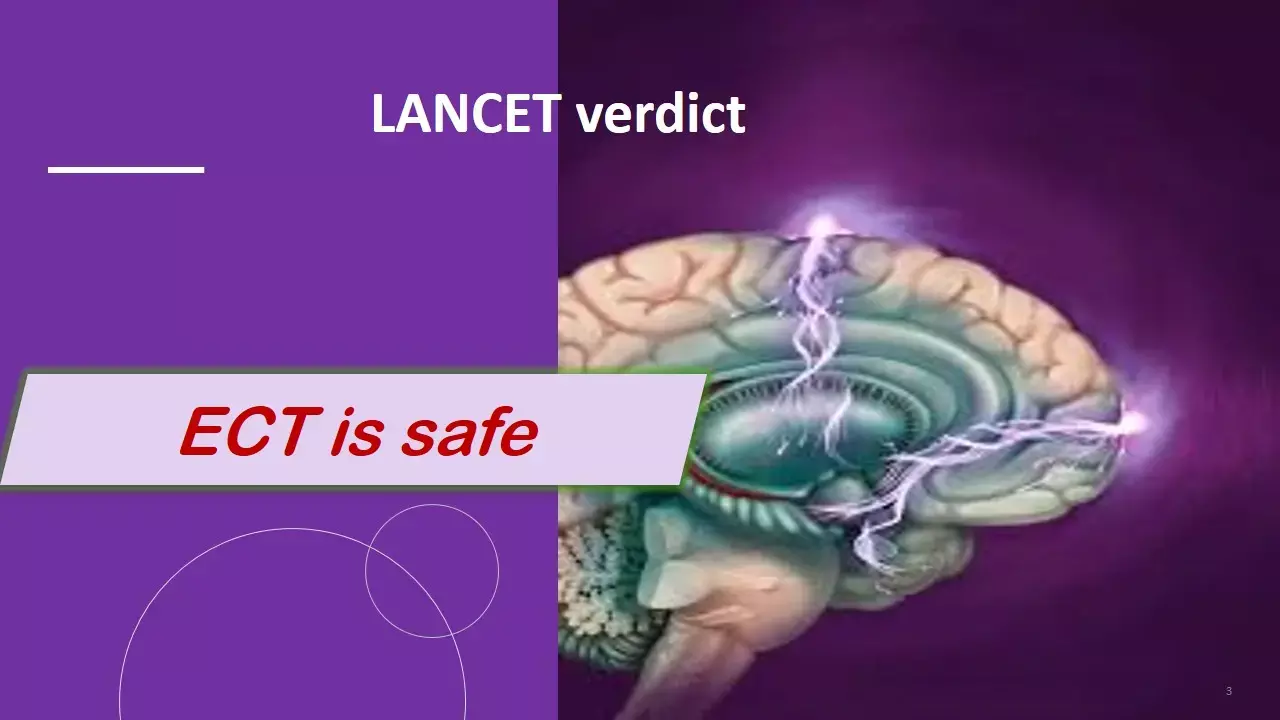- Home
- Medical news & Guidelines
- Anesthesiology
- Cardiology and CTVS
- Critical Care
- Dentistry
- Dermatology
- Diabetes and Endocrinology
- ENT
- Gastroenterology
- Medicine
- Nephrology
- Neurology
- Obstretics-Gynaecology
- Oncology
- Ophthalmology
- Orthopaedics
- Pediatrics-Neonatology
- Psychiatry
- Pulmonology
- Radiology
- Surgery
- Urology
- Laboratory Medicine
- Diet
- Nursing
- Paramedical
- Physiotherapy
- Health news
- Fact Check
- Bone Health Fact Check
- Brain Health Fact Check
- Cancer Related Fact Check
- Child Care Fact Check
- Dental and oral health fact check
- Diabetes and metabolic health fact check
- Diet and Nutrition Fact Check
- Eye and ENT Care Fact Check
- Fitness fact check
- Gut health fact check
- Heart health fact check
- Kidney health fact check
- Medical education fact check
- Men's health fact check
- Respiratory fact check
- Skin and hair care fact check
- Vaccine and Immunization fact check
- Women's health fact check
- AYUSH
- State News
- Andaman and Nicobar Islands
- Andhra Pradesh
- Arunachal Pradesh
- Assam
- Bihar
- Chandigarh
- Chattisgarh
- Dadra and Nagar Haveli
- Daman and Diu
- Delhi
- Goa
- Gujarat
- Haryana
- Himachal Pradesh
- Jammu & Kashmir
- Jharkhand
- Karnataka
- Kerala
- Ladakh
- Lakshadweep
- Madhya Pradesh
- Maharashtra
- Manipur
- Meghalaya
- Mizoram
- Nagaland
- Odisha
- Puducherry
- Punjab
- Rajasthan
- Sikkim
- Tamil Nadu
- Telangana
- Tripura
- Uttar Pradesh
- Uttrakhand
- West Bengal
- Medical Education
- Industry
ECT does not cause serious medical complications, confirms Lancet Study

Previous studies examining the risk of medical complications from electroconvulsive therapy have been confounded and this might contribute to its underuse. Using rigorous methods with careful attention to bias and confounding to overcome limitations of previous work, Kaster et al conducted a propensity score-matched, retrospective cohort study, to compare the risk of serious medical events, among patients with depression who received electroconvulsive therapy versus patients who did not receive electroconvulsive therapy. The results now published in Lancet Psychiatry journal show no evidence for a clinically significant increased risk for serious medical events. In fact, the risk of suicide was found to be significantly reduced, suggesting the benefits of electroconvulsive therapy for depression outcomes might outweigh its risks in this population.
Depression is a leading cause of illness and disability worldwide. Many individuals do not go into remission with initial treatments, thus landing up with treatment-resistant depression (TRD). Of all treatments for TRD, electroconvulsive therapy is the single most effective, achieving remission in 60% of individuals.
Electroconvulsive therapy is recommended by clinical guidelines for TRD. Despite clinical guidelines recommending its use, electroconvulsive therapy is underused. This underuse is probably related to stigma and concerns about side-effects. Thus, the present study is being conducted.
In this retrospective cohort study done Kaster et al used linked population-based administrative health data for adult. The unit of analysis was individual admissions and propensity score matching was used to match each exposed admission to an unexposed admission to estimate the average treatment effect of electroconvulsive therapy among those treated.
The primary outcome was serious medical events, a composite of hospitalisation for medical (ie, non-psychiatric) reasons or non-suicide death within 30 days from electroconvulsive therapy exposure or matched date in the unexposed group. Secondary outcomes were medical hospitalisation and non-suicide death separately, suicide death, and specific serious medical events.
It was found that In this population-based study of more than 5000 admissions involving electroconvulsive therapy for inpatients with depression, the rate of serious medical events within 30 days was very low among those exposed to electroconvulsive therapy and a closely matched unexposed group (0•25 events per person-year vs 0•33 events per person-year), with those who received electroconvulsive therapy having a numerically lower risk of medical complications. Although the findings cannot exclude the possibility of a null or non-clinically significant risk, the results suggest that ECT does not result in a clinically significant increased risk of serious medical events.
This finding was consistent in analyses that additionally accounted for hospitalisation status, number of electroconvulsive therapy treatments, age, sex, and type of psychiatric diagnosis, and was robust to additional analysis considering suicide as a competing risk. In a secondary analysis among individuals with bipolar depression, electroconvulsive therapy was associated with a significantly lower risk for serious medical events. There also seemed to be a protective effect of electroconvulsive therapy on suicide risk within 30 days.
It can be thus concluded that the clinical implication of this study is that electroconvulsive therapy is likely to be safe with respect to medical risks; considering its established efficacy in depression, the benefits of electroconvulsive therapy might outweigh its risk in this severely ill population.
Source: Lancet Psychiatry: https://doi.org/10.1016/
M.B.B.S, M.D. Psychiatry
M.B.B.S, M.D. Psychiatry (Teerthanker Mahavir University, U.P.) Currently working as Senior Resident in Department of Psychiatry, Institute of Human Behaviour and Allied Sciences (IHBAS) Dilshad Garden, New Delhi. Actively involved in various research activities of the department.
Dr Kamal Kant Kohli-MBBS, DTCD- a chest specialist with more than 30 years of practice and a flair for writing clinical articles, Dr Kamal Kant Kohli joined Medical Dialogues as a Chief Editor of Medical News. Besides writing articles, as an editor, he proofreads and verifies all the medical content published on Medical Dialogues including those coming from journals, studies,medical conferences,guidelines etc. Email: drkohli@medicaldialogues.in. Contact no. 011-43720751


